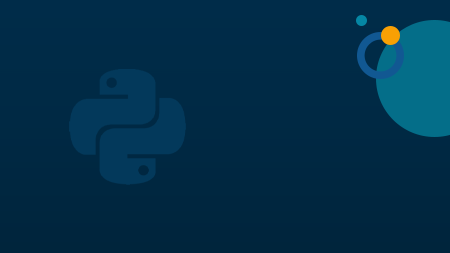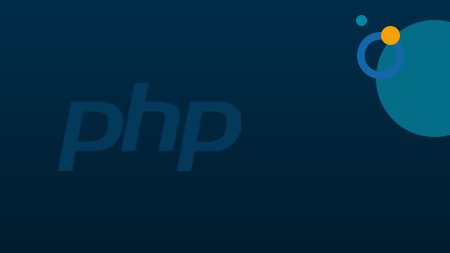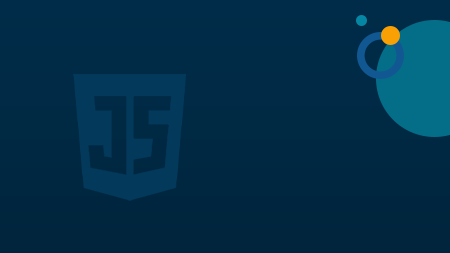
This course is designed to teach individuals how to create desktop applications using the C# programming language and the .NET framework. Desktop applications are software programs that run directly on a user's computer, providing a rich and responsive user interface. C# is a versatile programming language developed by Microsoft, and it is widely used for building Windows-based desktop applications.
In summary, this course equips individuals with the knowledge and skills needed to create desktop applications for the Windows platform. Whether you're pursuing a career in software development, interested in building your own desktop software, or seeking to expand your programming skills, this course provides a solid foundation in desktop application development using C#.
The content of this course includes the following key topics:
Introduction to Desktop Applications: An overview of desktop application development, its importance, and its role in various industries.
C# Programming Fundamentals: Learning the basics of the C# programming language, including variables, data types, control structures, and object-oriented programming concepts.
IDE (Integrated Development Environment): Familiarization with development environments like Visual Studio for C# application development.
Windows Forms or WPF: Choosing between Windows Forms (WinForms) or Windows Presentation Foundation (WPF) for building the application's user interface.
Designing User Interfaces: Creating responsive and user-friendly graphical user interfaces (GUIs) for desktop applications.
Event Handling: Implementing event-driven programming to respond to user interactions and system events.
Data Binding: Connecting user interface elements to data sources, such as databases or XML files.
Working with Controls: Using various controls (buttons, textboxes, list views, etc.) to design interactive UIs.
Application Logic: Writing C# code to implement the application's functionality and features.
Error Handling: Implementing error handling and exception management to ensure the stability of the application.
File I/O: Reading from and writing to files and data storage.
Database Integration: Connecting the desktop application to databases, such as SQL Server, SQLite, or MySQL.
Multi-threading: Managing multi-threaded operations for improved performance and responsiveness.
Deployment: Preparing the application for deployment, including creating installation packages.
Testing and Debugging: Techniques for testing and debugging desktop applications.
Localization and Internationalization: Adapting applications for different languages and regions.
Security: Implementing security measures to protect sensitive data and prevent unauthorized access.
Performance Optimization: Optimizing the application for speed and resource efficiency.
Advanced Topics: Exploring advanced topics such as dependency injection, third-party libraries, and custom controls.
Real-World Projects: Building practical desktop applications to apply the concepts learned during the course.
Enrolling in this course offers several benefits:
Career Opportunities: Provides valuable skills for careers as a desktop application developer or software engineer.
Versatile Development: Equips individuals to create a wide range of desktop applications, from utilities to business software.
Windows Ecosystem: Enables development for the Windows operating system, a widely used platform in both consumer and enterprise environments.
User Interface Design: Offers skills in designing intuitive and visually appealing user interfaces.
Entrepreneurship: Empowers individuals to develop their own desktop applications and potentially market them.
Portfolio Building: Allows for the creation of a portfolio of desktop application projects to showcase skills to potential employers or clients.
Problem Solving: Enhances problem-solving and critical thinking skills through application development challenges.
Desktop Software Maintenance: Provides knowledge on maintaining and updating desktop applications to fix bugs and add new features.


